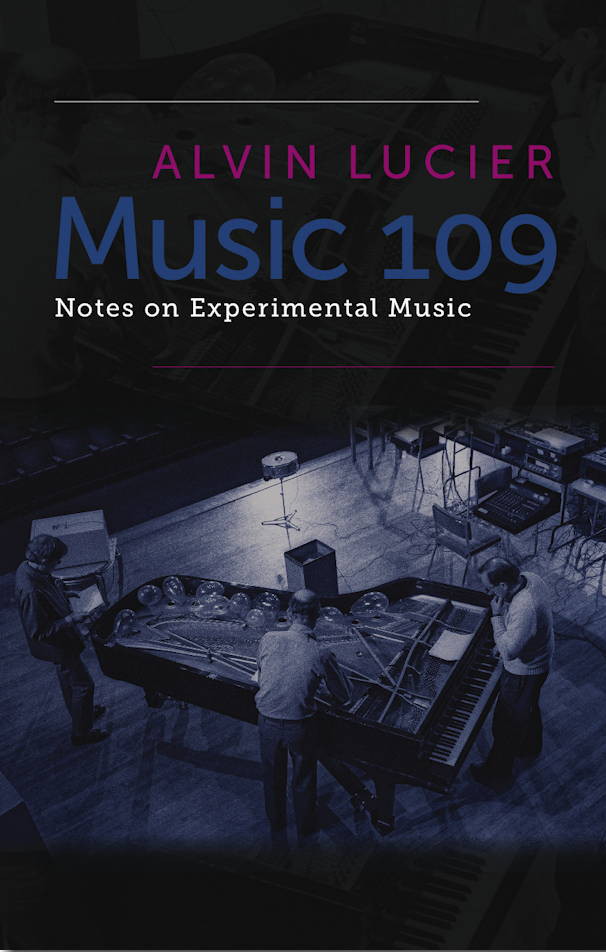Friedrich Kittler: Musik und Mathematik I. Hellas 1: Aphrodite (2006) [German]
Filed under book | Tags: · antiquity, greece, mathematics, media, media history, media theory, mimesis, music, music history, song, writing

“‘Wir möchten euch Musik und Mathematik erzählen: das Schönste nach der Liebe, das Schwerste nach der Treue.’ Die beiden Worte, die den Titel einer Tetralogie aus Hellas, Roma Aeterna, Hesperien und Turing-Galaxis bilden, stehen für die Wurzeln von Kunst und Wissen: musikè, die Lust des Singens, Tanzens, Spielens heißt nach der Muse, die im Herzen alles aufbewahrt und daher davon sagen kann. Musik macht also nach, was Musen tun, seit sie auf ihrem Götterberg mit allem Singen angehoben haben. Aus fast dem selben Ursprung stammt mathesis, das Lehren im allgemeinen, und Mathematik, das Denken über Zahlen im besonderen. Bei Homer heißt mathein nämlich noch nicht zählen oder rechnen, wie Aristoteles gelehrt hat, mathôn nennt vielmehr ein dunkles Wissen, das Helden erst nach Jahrzehnten des Erfahrens in Fleisch und Blut gegangen ist. Unter den wenigen Reimen, die in Griechenohren widerhallten, blieb der alte Spruch von pathein/mathein, leiden und lernen unverloren.”
Publisher Wilhelm Fink, Munich, 2006
ISBN 3770537823, 9783770537822
409 pages
via lostobserver, einzelne
Reviews: Jürgen Busche (FAZ), Roland Lysell (Swedish, Samlaren).
PDF (13 MB, updated on 2019-4-20)
ARG (updated on 2019-4-20)
Osiris 28: Music, Sound, and the Laboratory from 1750–1980 (2013)
Filed under journal | Tags: · acoustics, hearing, history of science, listening, music history, noise, physics, psychoacoustics, science, sound, sound studies, video

“The understanding of sound underwent profound changes with the advent of laboratory science in the nineteenth and twentieth centuries. New techniques of sound visualization and detection, the use of electricity to generate sound, and the emergence of computers radically reshaped the science of acoustics and the practice of music. The essays in this volume of Osiris explore the manifold transformations of sound ranging from soundproof rooms to psychoacoustics of seismology to galvanic music to pedaling technique. They also discuss more general themes such as the nature of scientific evidence and the development of instruments and instrumentation. In examining the reciprocity between music and science, this volume reaches a new register in the evolution of scientific methodology during the nineteenth and twentieth centuries.”
Edited by Alexandra Hui, Julia Kursell, and Myles W. Jackson
Publisher University of Chicago Press, August 2013
ISBN 022605375X, 9780226053752
303 pages
PDF (updated on 2020-4-16)
Comment (1)Alvin Lucier: Music 109: Notes on Experimental Music (2012)
Filed under book | Tags: · avant-garde, composition, electronic music, experimental music, music, music history, notation

“Composer and peformer Alvin Lucier brings clarity to the world of experimental music as he takes the reader through more than a hundred groundbreaking musical works, including those of Robert Ashley, John Cage, Charles Ives, Morton Feldman, Philip Glass, Pauline Oliveros, Steve Reich, Christian Wolff, and La Monte Young. Lucier explains in detail how each piece is made, unlocking secrets of the composers’ style and technique. The book as a whole charts the progress of American experimental music from the 1950s to the present, covering such topics as indeterminacy, electronics, and minimalism, as well as radical innovations in music for the piano, string quartet, and opera. Clear, approachable and lively, Music 109 is Lucier’s indispensable guide to late 20th-century composition.”
With a Foreword by Robert Ashley
Publisher Wesleyan University Press, 2012
ISBN 0819572977, 9780819572974
236 pages
via Sorin
Reviews: Richard Kade (Leonardo, 2013), Dave Mandl (LA Review of Books, 2013), Michael Waugh (Popular Music, 2013).
PDF, PDF (updated on 2017-11-25)
EPUB (added on 2017-11-25)

